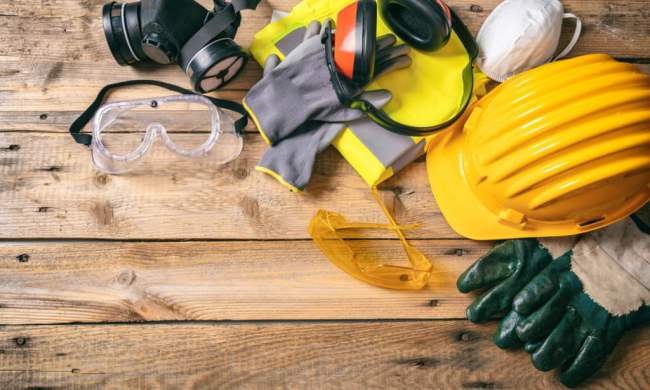Political conventions, company retreats, business and industry conferences, and alumni reunions all need people behind the scenes ensuring that the venue’s the right size, the food is appropriate, the sound system works and the visitors have what they need, as well as a myriad other details unique to the event.
Event planning is a broad category that spans from putting an entire convention to coordinating weddings and private celebrations. The Department of Labor’s Bureau of Statistics expects the field to grow by 8 percent, much higher than average, by the end of the decade. While the median salary is $51,560, the range is from $74,770 in the New York metropolitan area to between $27,590 and $46,030 in the lower-paying areas. Most jobs are in in and around cities, but resort areas like Montana and Wyoming (Yellowstone), as well as Hawaii and Arizona also have their share.
Event planners need solid communication and people skills. They have to work with clients, suppliers, venues, equipment suppliers, and caterers, as well as constantly working to get new leads and clients. They also need exceptional organizational skills, keeping track of information, deadlines, and money as they put each gear in place for the event to function. Planners need to be able to negotiate for the lowest prices from their suppliers and the highest fees from clients. All the while, they have to keep all these groups happy and willing to continue working with them.
Generally, event planners are expected to have at least a bachelor’s degree, and while there aren’t many programs in event management, degrees in business, management, and communication are also relevant.
So, let’s say you have the requisite education and maybe you’ve worked at planning an event for your department at work or for your volunteer organization, or maybe you’ve helped a friend with details of staging a wedding, and you feel like maybe you’d like to give starting your own event planning business a go. Here are some steps to get it going.
How to start your own event planning business
Build Your Network
Event planning is a people business. You have to know people who can put all the pieces of an event together: venues, sound and video systems, food and catering, transportation, set-up and tear down, sanitation, musicians, and speakers or officiants. Some events like expos and industry conferences will require you to coordinate among many companies for speakers, panelists, and show floor booths. What’s more, you’ll need a steady stream of customers.
Ask around your network for referrals to businesses and individuals. Visit sites and conduct informational interviews of potential business partners. Contact people for whom you’ve worked and ask whether they would be willing to serve as references.
Check state and local requirements
Since you’ll be working with food, transportation, and people, you’ll need to check with state and local agencies concerning health and safety regulations, land use and insurance, among other things. You’ll also want to check the requirements for business licenses and other rules in each area where you intend to operate.
Get your marketing materials and strategy
Customers and potential business partners will need to know what you do and how to contact you for your services. You’ll need materials to bring visibility.
First, you’ll need a website, which you can build or hire someone to build for you. The website should not only tell people who you are and what you do, but it will also create a mood to give visitors a sense of your business, personality, and values. You’ll also need to connect on relevant sites such as Yelp, bridal sites, or other sites relevant to the types of events you coordinate.
You’ll also need the old fashioned standbys of business cards and brochures. You need to have something to leave with people after you’ve met with them.
If you have a vehicle associated with your business, you may also want to consider vehicle wraps or magnetic signage with contact information. That will give you additional visibility so that potential customers can see the sign and give you a call.
Join an industry group
Several industry groups are involved with event planning. The Events Industry Council is the primary industry organization. There are also groups for specific kinds of planners. The International Association of Exhibitions and Events is for those involved with larger events. The Society of Government Meeting Professionals, as its name suggests, is for event planners in the public sector. Wedding planners can join the American Association of Certified Wedding Planners, Association of Bridal Consultants and the Association of Certified Professional Wedding Consultants.
One benefit of joining these groups is that they offer certification, indicating your training and competence in particular areas. This is especially important as you’re starting out as it serves as validation for your capabilities when you may not yet have many references.
Plan something
This is for that age old question of how to get experience when you don’t have a job — or in this case, jobs. You’ll need to get experience by doing related activities. Help someone who’s already planning an event. Stage an event at work or through an organization you volunteer with. Help friends plan their weddings, engagement parties, anniversary parties, landmark birthdays, reunions, bar and bat mitzvahs and other events.
By following these tips, you’ll be well on your way to starting your own event planning business. The sky is the limit on the different types of successful events you can put on.


